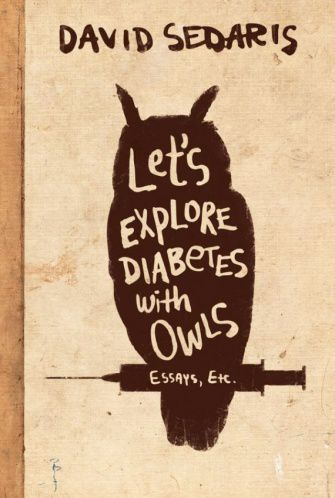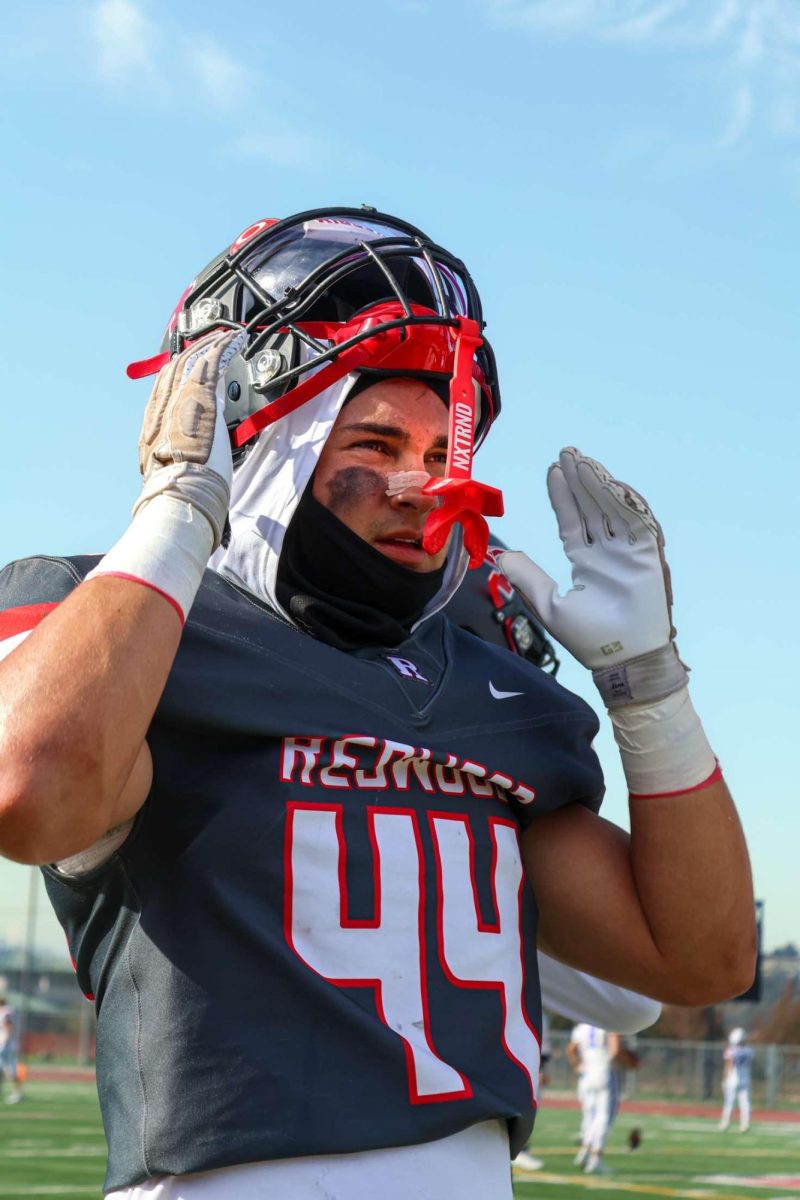“It would have been disturbing to see the skeleton of a slain Pygmy in a museum, but finding him in a shop, for sale, raised certain questions, uncomfortable ones, like ‘How much is he?’”
David Sedaris has once again written an entertaining collection of short personal essays in his new book Let’s Explore Diabetes With Owls, published on April 23. The book reflects his classic style: self-deprecating, biting, and absurd.

What’s different about Owls compared to his other writing, however, is the tone. In previous books, Sedaris writes about living in a nudist colony, becoming addicted to crystal meth, or working as a Christmas elf at a Macy’s in a style both light and funny. But in Owls, the writing is more thoughtful.
Sedaris continues to recall far-fetched memories of his childhood with ease and nonchalance. For example, in the story “Loggerheads,” he describes a time when he and a friend abducted a dozen newly-hatched baby sea turtles from a beach in North Carolina, stuck them in a fish tank, and fed them raw hamburger meat until they died. “Loggerheads” uses the turtles as an underlying theme of dying and grappling with the concept of death as both a child and adult.
That being said, Owls is not a depressing book. Rather, it is more poignant and less superficial than some of his other writing. In the story that inspired the title, “Understanding Understanding Owls,” Sedaris writes about his experience buying his boyfriend, Hugh, a Valentine’s Day present. Hugh likes owls – so instead of buying him, oh, say, a painting, Sedaris decides to go to a taxidermy shop in London and get a stuffed owl. While in the shop, the storekeeper and taxidermist invites Sedaris into a secret basement, in which he has preserved an ancient 14-year-old girl’s head, complete with braids, the tattooed arm of a sailor from the 1920s supposedly cut off in a bar fight, and a full skeleton of a murdered Pygmy, the four-foot-tall indigenous race from the Congo.
“I really think the owl will do for me today. It’s a Valentine’s Day Present – perfect for our new place. A house, actually, three stories tall, and no basement,” Sedaris had said to the shopkeeper. He later admits, “I wasn’t trying to be boastful. I just wanted to let him know that I was loved, and that I lived above ground.” The deadpan delivery is practically audible.
Some other stories are particularly noteworthy, including the ones about his travels to China, Japan, Amsterdam, and Australia. We’ve all struggled with learning a language, been repulsed by foreign food but intend to stay polite, and been baffled by a culture gap. The feelings are easy to relate to, and yet Sedaris’s stories are so strange that it’s hard to fathom that he lives on the same planet that we do.
The stories are all fast reads, but I recommend not going through too many in one sitting, or else you might feel a bit disillusioned about the pathetic monotony of your own life afterwards. On the other hand, Sedaris has a way of turning unpleasant experiences – say, a colonoscopy – into insightful events that he reflects upon in both touching and clever ways.
I’d recommend Owls especially to fans of Sedaris’s previous work. The only confusing bit of the book is that Sedaris experiments with monologues, which, as he explains in the Author’s Note, can to be used in Forensics, which is a type of speech and debate/acting competition. These two-or-three paged speeches, written from the perspective of a variety of fictional characters, are included with the rest of his short stories, so it can get a little confusing. You finish reading one story about going on an anticlimactic manhunt after someone attacked his sister, and the next is a passive aggressive “email” to a sister who sent the writer a pizza coupon as a wedding gift, after they both had an affair with the groom. But then again, who knows. Maybe it’s true.
David Sedaris will be speaking at Book Passage on Tuesday at 7 p.m.






